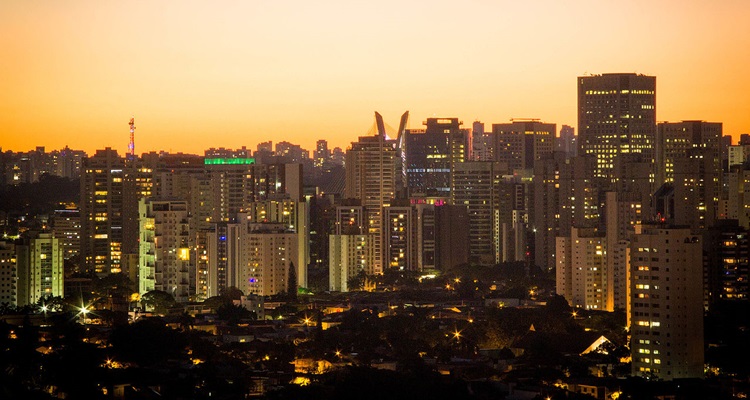After postponing the vote on a new draft of its gambling bill last month, another step has been taken by Brazil towards launching a regulated online gambling market, with the approval of SB 186/2014.
The Special Committee on National Development (CEDN) approved the language of the bill on Wednesday, November 9, according to CalvinAyre. Included in the bill’s vision for an overhaul of Brazil’s gambling market is the introduction of casinos, as well as video lottery terminals, and other options such as bingo, online sports betting, and casino products. While gambling is illegal in Brazil, a popular lottery-type drawing called “Jogo do Bicho” or “Animal Game,” is played in underground operations in 25 states, including Rio de Janeiro. The game has been outlawed by federal law since 1946, with the exception of the state of Paraiba, where it is legal and regulated.
The original version of 186/2014 (pdf) had already been approved in December 2015 by CDEN. However, 16 amendments were proposed by senators. Among other changes, the amended legislation specifies that a minimum of 40 percent of the brick-and-mortar casinos be built in the Central, Northeast, and North regions to provide a boost to their economies. The latest draft also gives exclusivity to offer online sports betting to national lottery operator Caixa Economica Federal, along with its subsidiaries, as reported by the news agency.
The full Senate will need to approve the bill at which time it would make its way to the lower house of Chamber of Deputies. A lack of quorum prevented 442/1991, the Chamber’ own gaming bill, from its scheduled debate last week. This Wednesday and Thursday are the next scheduled Chamber sessions, according to the report.
In August, gaming and leisure industry consultant Innovation Group announced that it was in the process of developing a national gaming forecast model for Brazil. The United Kingdom-based company said at the time that it was working in partnership with government officials to among other things, address regulatory parameters in preparation for the proposed gaming opportunities.
The financially struggling South American government estimates that once the bill is approved annual tax revenue of $4.15 billion could be earned. It is estimated by the president of the Brazilian Institute of Gaming that in order to gamble up to 200,000 Brazilians travel outside of the country each month and that Brazilian nationals comprise 70% of the gamblers in Uruguayan casinos.


